Down payments can sometimes be an obstacle that stand between a first time home buyer and their dream home; but they don’t have to be! Putting down an initial lump sum of cash is no small investment. Typically, the rule of thumb for mortgages is to put down is 20% of the homes initial price. However, many people end up putting down less than 20% of their homes price as the down payment and use Private Mortgage Insurance to make financing work. The higher your initial down payment is, the less you will pay in mortgage interest in the long run. To help you make the right decision for your financial situation, here are some tips and guidelines to get started and/or boost your down payment savings.
Begin Saving As Soon As Possible
You should start saving money long before applying for a mortgage to ensure you have as much saved towards your down payment as possible. Start by deciding how much you can realistically set aside for savings each month. The sooner you map out your time frame for saving, the more options you will have. Saving as much as possible leading up to buying a home can be the best way to alleviate financial stress.
Map Out a Realistic Timeframe
Be realistic when you map out your timeframe for saving. The first step should be figuring out how long it will be before you can afford a down payment and monthly. Trying to rush into down payment savings can result in stretching other financial areas thin. You may have to earn more income or cut back on expenses in some areas if you want to meet a deadline.
Stick to your savings timeline and hit your savings goals setting a clear outline of your savings plan. There are also many financial savings apps out there that can help you keep track of your finances and budget.
Choose the Proper Saving Method
When you begin saving for your down payment, be sure you’re saving in a secure place. Putting all your money in risky investments may end up making you money, but it is definitely a risk. Opening a new, specific Savings Account or CD to save for a down payment will ensure that money is kept for its actual purpose and will help you track your savings progress.
All in all, the process of saving for a down payment should not be stressful if done right. The two most important takeaways should be to be realistic with yourself and stick to your budget to save. This process is great practice for the budgeting and planning that comes with owning a home.
For more first time home buyer and down payment information, download our eBook now!
{{cta(‘6c7eceb4-d44d-487e-b212-1dd4b5fd90a1′,’justifycenter’)}}




